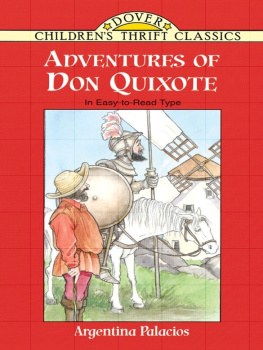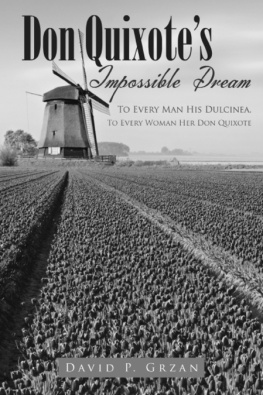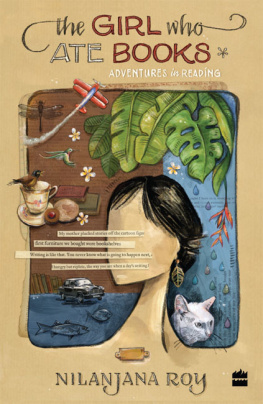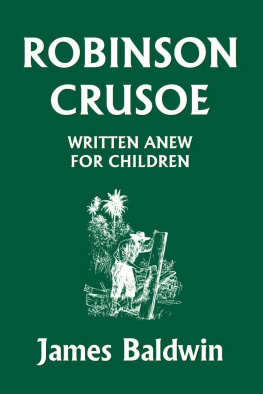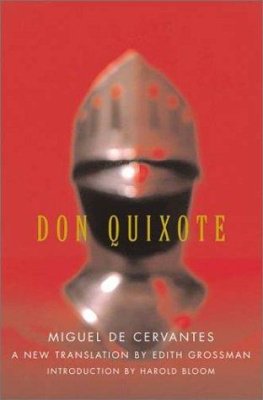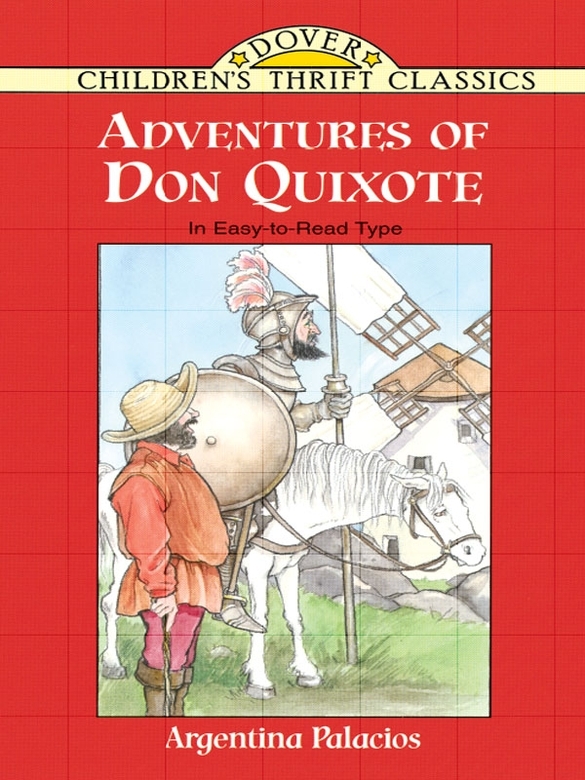CHILDRENS THRIFT CLASSICS
THE LITTLE MERMAID AND OTHER FAIRY TALES, Hans Christian Andersen. (27816-6)
THE STORY OF HERCULES, Bob Blaisdell. (29768-3)
THE ADVENTURES OF PADDY THE BEAVER, Thornton W. Burgess. (41305-5)
OLD GRANNY Fox, Thornton W Burgess. (41659-3)
THE GLASS MOUNTAIN AND OTHER POLISH FAIRY TALES, Elsie Byrde. (41306-3)
THE STORY OF KING ARTHUR, Thomas Crawford (ed.). (28347-X)
ROBINSON CRUSOE, Daniel Defoe. (28816-1)
THE STORY OF POCAHONTAS, Brian Doherty. (28025-X)
UNCLE WIGGILY BEDTIME STORIES, Howard R. Garis. (29372-6)
THE BOY WHO DREW CATS AND OTHER JAPANESE FAIRY TALES, Lafcadio Hearn and Others. (40348-3)
THE LEGEND OF SLEEPY HOLLOW AND RIP V WINKLE, Washington Irving. (28828-5)
NORTH AMERICAN INDIAN TALES, W T. Larned. (29656-3)
THE CALL OF THE WILD, Jack London. (40551-6)
ANNE OF GREEN GABLES, L. M. Montgomery. (28366-6)
ADVENTURES OF DON QUIXOTE, Argentina Palacios. (40791-8)
BLACK BEAUTY, Anna Sewell. (27570-1)
FRANKENSTEIN, Mary Shelley (illustrated by Thea Kliros). (29930-9)
FAVORITE POEMS OF CHILDHOOD, Philip Smith (ed.). (27089-0)
HEIDI, Johanna Spyri (illustrated by Thea Kliros). (40166-9)
KIDNAPPED, Robert Louis Stevenson. (29354-8)
THE MAGIC HAT AND OTHER DANISH FAIRY TALES, Clara Stroebe (ed.). (40792-6)
THE BEAR THAT WASNT, Frank Tashlin. (28787-4)
THE PRINCE AND THE PAUPER, Mark Twain. (29383-1)
AFRICAN FOLK TALES, Hugh Vernon-Jackson. (40553-2)
THE WAR OF THE WORLDS, H. G. Wells. (40552-4)
Paperbound unless otherwise indicated. Available at your book dealer, online at www.doverpublications.com, or by writing to Dept. 23, Dover Publications, Inc., 31 East 2nd Street, Mineola, NY 11501. For current price information or for free catalogs (please indicate field of interest), write to Dover Publications or log on to www.doverpublications.com and see every Dover book in print. Each year Dover publishes over 500 books on fine art, music, crafts and needlework, antiques, languages, literature, childrens books, chess, cookery, nature, anthropology, science, mathematics, and other areas.
Manufactured in the U.S.A.
1. A Knight in Armor
O NCE, there was a man who went crazy from too much reading. He only read books about knighthood; that was the problem. Those books told about the adventures of knights in armortheir fantastic encounters with dragons, monsters, giants, wizards, and even other knights. There was also talk of love, because each knight had a lady of his dreams.
Soon the man came to believe that all those fantastic tales were true. One day, he decided to become a knight, for he wanted to right all that was wrong in the world, and punish evil. Alone in his room, he practiced jousting. Wham wham wham! Like the heroes in his books, he always won.
All this happened in a little village in a province called La Mancha, in the heart of Spain. The man had lived in the same place all his life, as his parents and grandparents had before him. He was about fifty, tall and thin, and he had a small beard. No one would ever expect anything bad from him or think anything wrong about him, for he was an honorable man, a perfect gentleman. Two other people lived in his home; they were his pretty, cheerful, innocent niece, about twenty, and his plump housekeeper, about forty, who was a good, friendly soul, with strong opinions about everything. A boy did chores around the house.
It is not clear what the gentlemans real name was. Some think it was Alonso Quixano, but the last name could have been Quixada, Quesada, or Quexana. He came from a respectable familythats why he was called Don Alonso. He had inherited a little land, but very little else. When he became ill, he sold many acres of good farmland to buy more of his favorite books.
One day he began the actual preparations to become a knight. Somewhere in the house there was an old suit of armor that had belonged to his great-grandfather. He cleaned it, polished it, and fixed it up as best he could. The helmet was in such bad shape that it had to be tied together. A horse he already hadold and bony, not much of a horse, but a mount nonetheless. He spent four whole days thinking of a good name for his horse. It would be Rocinante. And what a good name it was! Rocn is a Spanish word that means nag or workhorse; and antes means before. To most people, the name means This was once a horse, but to Don Alonso, it meant a steed above and beyond all other horses in the world!
His own name, Don Alonso, didnt seem good enough for a knight. He changed it to Don Quixote, and added de la Mancha so everyone would know where he came from. Don Quixote de la Mancha. What a fine-sounding name for a knight!
But he still needed a lady, a lady to dream about, a lady to receive homage from his defeated enemies. No one knew he was in love, but he was ... so secretly, it seems, that even the lady herself didnt know he liked her! She was a farm girl from nearby El Toboso, and she was plain, rough, ordinary. Her name was Aldonza Lorenzo. He had seen her only once in his life. Without her knowledge, Don Quixote pronounced her his lady and called her Dulcinea del Toboso. Her name, like the others, was well chosen: it comes from the Spanish word dulce, which means sweet.
Don Quixote was very pleased with his preparations.
2. Don Quixote Leaves Home
B EFORE sunup the next morning, Don Quixote left, destination unknown. At home, they didnt know he was leaving. He rode happily through the dry, flat land for a while, until he suddenly remembered he had not been properly knighted. He could not engage in combat if he was not a dubbed knight. He thought hard, and at last found the solution: he would continue on his way and ask the first person he met to do him the honor and dub him a knight!
It was July, a scorching month in Spain. Neither heat nor thirst stopped Don Quixote; there was only adventure in his mind. By sundown, he and Rocinante were tired and hungry. And then a light shone in the distance. How lucky I am! he said to himself. A castle ... I can see the moat from here ... and on the other side, three or four imposing turrets. Toward that castle they went.
It wasnt a castle, of course, just a simple country inn. Instead of a page to announce his arrival, there were two ordinary women at the doortwo women who had never seen a knight or heard about knighthood before. The strange sight of Rocinante and Don Quixote frightened them at first.
Look at that! one said. What is it?
Lets run inside, said the other. It looks dangerous!
Your Highnesses, beautiful princesses, there is nothing to be afraid of, Don Quixote assured them. I am a knight in armor who will do you no harm. I am here to see the exalted lord of this magnificent castle.
That old-fashioned language surprised the women. Seconds later, though, they thought this must be a joke, a very funny joke, because this was no castle and they were no princesses. They laughed and laughed at his looks and at his speech, until the innkeeper came out to see what was going on. Don Quixote was allowed to stay.
As for dinner, the only thing left was some badly cooked codfish and stale bread. For the starving knight, this was a banquet. He tried to drink some wine. Catastrophe! There was wine spilled all over. He had kept his helmet on, because he could not undo the many knots he had tied to keep it on. The people at the inn improvised a drinking straw out of a reed, so he could drink. It was a very strange sight indeed!

